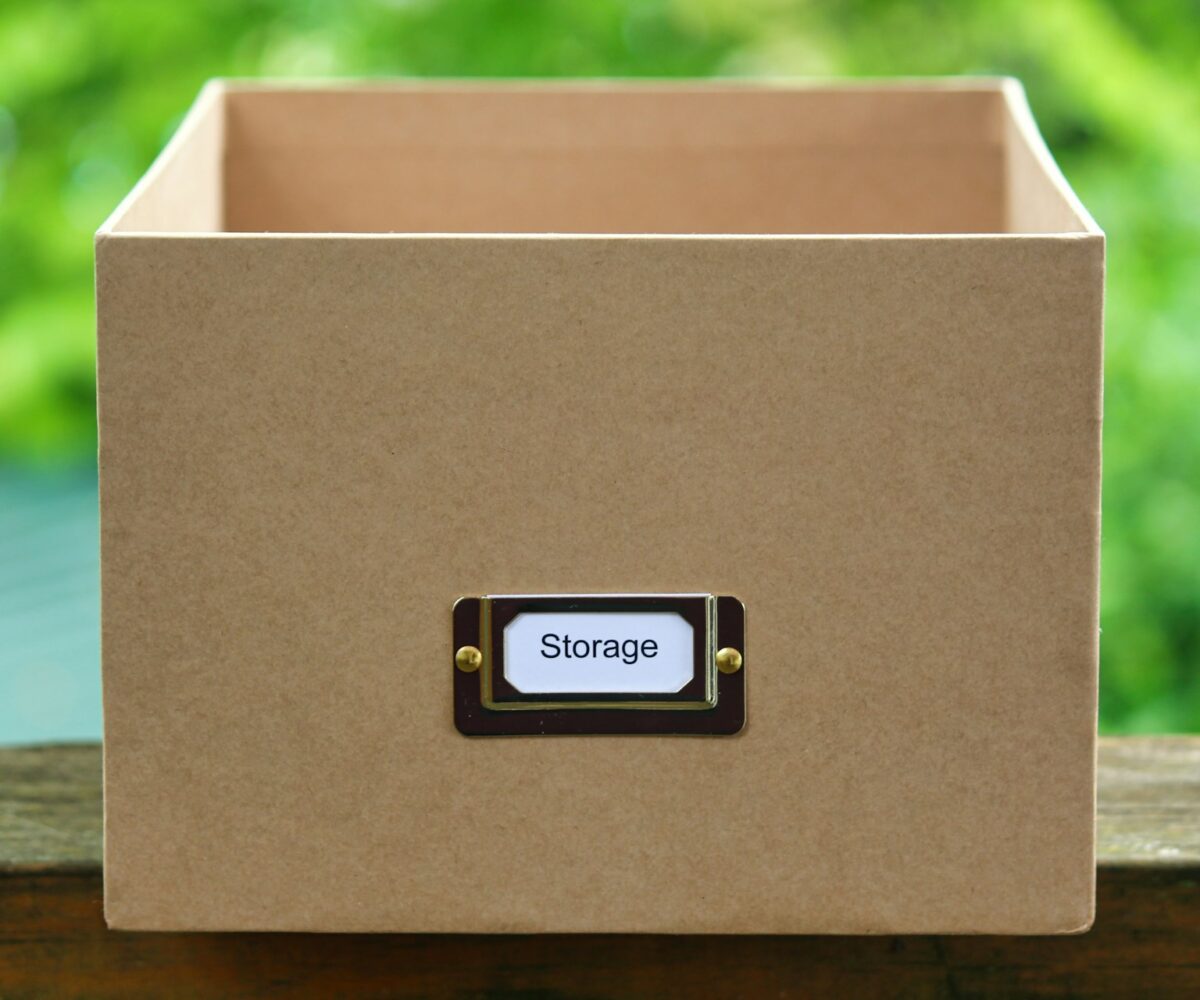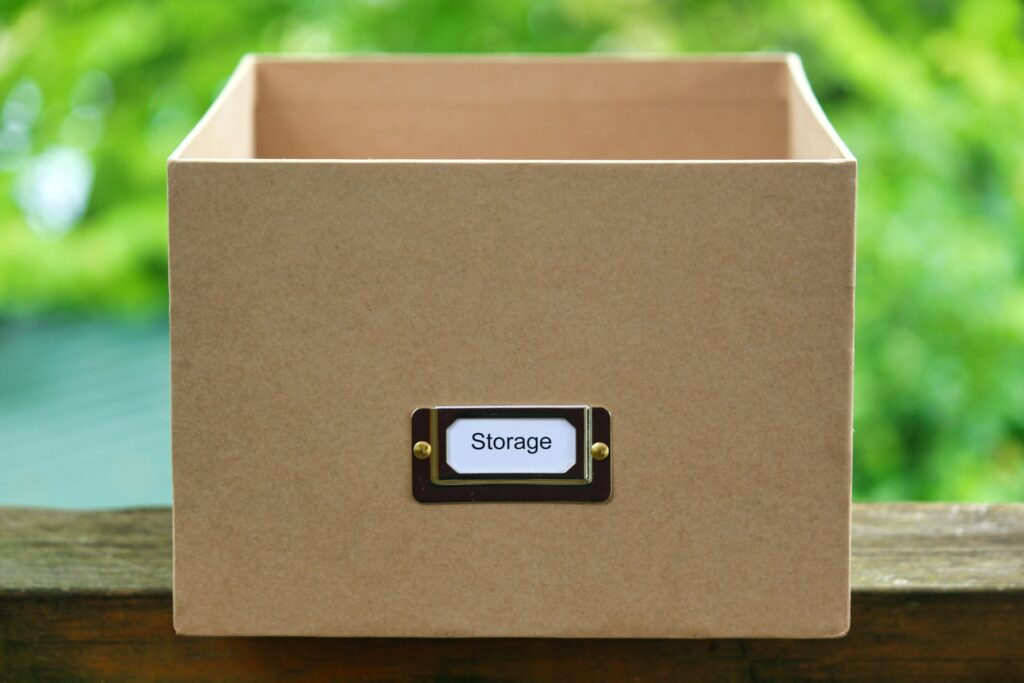Why Digitally Cataloging Stored Items Saves Time and Money


Somewhere, in a box, in a storage unit, in a part of town that you, for this or that reason, haven’t been to in months, sits the thing you need right now. Maybe it’s a winter coat you swore you’d remember storing. Maybe it’s that rare book about alchemy you’ve promised to lend to a friend. Maybe it’s a tax document that someone, somewhere, is expecting you to send – immediately. You know it’s there. You just don’t know where it is. Digitally cataloging stored items is the difference between knowing and searching, between accessing and excavating. It’s a simple act that, over time, saves hours, dollars, and what remains of your patience.
The intricate relationship between people and their possessions
As humans, we tend to form quiet, binding agreements with the things we own. They remind us of people we miss, places we left, versions of ourselves that no longer exist but still whisper from the corners of our homes.
According to psychologists, objects serve as sturdy physical anchors for identity and memory. Some of this is practical – heirlooms, old letters, a sweater worn by someone you loved – but much of it is pure inertia. A stubborn unwillingness to discard something that once mattered. The British Psychological Society notes that people develop emotional bonds with objects, attributing meaning where function has long since expired.
The drawers full of birthday cards from people you don’t talk to anymore. The concert t-shirt that hasn’t fit in a decade but carries the scent of a night you never want to forget. The books you’ll never read again but that meant something once, and that still means something now, even if you’re not exactly sure what.
All of this is why decluttering isn’t easy. This is why we keep, store, and shuffle objects from home to storage and back again. The answer isn’t always throwing things away. Sometimes, the answer is knowing exactly where they are without upending your life to find them.
Why storage might be just the compromise you’ve needed
Letting go without really letting go. That’s the promise of storage. It’s the safety net for things that feel too important to discard but too irrelevant to keep at arm’s length. A storage unit is an agreement between past-you and future-you that says: we’ll deal with this later. But later only works if there’s a system. Otherwise, you’ll open a storage door to a wall of unlabeled boxes and a sense of vague regret. Most of the time, memory is an unreliable narrator – and that’s why digital organization matters. Storage without structure is just delayed chaos.
Why digitally cataloging stored items saves time and money
A list on a notepad won’t cut it. Neither will, as we already noted, a vague memory of where you think something is. A proper digital catalog turns your storage into an extension of your home instead of an abandoned annex of lost things.
1 Memories that are a click away
Photographs fade, paper disintegrates, and VHS tapes succumb to time. The things we save don’t always save themselves. But digital records ensure that memory outlasts material.
After digitalization, the proper way to manage originals is to store them safely, perhaps in a climate-controlled storage room. And when you’ve got them digitized, you’ve basically made sure that you don’t need to rummage through boxes each time nostalgia strikes. A scanned image, a digitized document, a searchable inventory – all of it means that what you need is instantly accessible, even if the physical copy is locked away.
There’s an argument to be made that objects don’t have to be handled to be remembered. That the essence of a thing – the memory it contains – exists regardless of its physical proximity. A childhood photo album doesn’t become less meaningful because it’s in a climate-controlled storage unit instead of on a shelf in your living room. What matters is that you know where it is, that you can find it, and that it isn’t lost beneath a pile of other things.
2 No need to search your storage room for days on end
Time isn’t free. Neither is patience. You can spend an afternoon opening boxes, lifting lids, and flipping through folders – or you can type a keyword into a spreadsheet or app and walk straight to what you need.
The act of searching costs you time, effort, and – if the item in question is something important, like a legal document or a replacement part – actual money. The more disorganized your storage is, the more it bleeds into your daily life.
Cataloging is more than a convenience. It’s a form of preservation, an acknowledgment that time spent searching is time wasted. And when that time is money – when searching means delaying work, stalling a project, or losing an item entirely – the cost becomes real.
If efficiency is the goal, then digital tracking is the method, and there are services and tools to help you do that. Captureoffers digital solutions that make locating stored items a matter of seconds, not hours. Ultimately, that’s the difference between managing storage and being buried by it.
3 And if you’re selling your stuff online
Let’s say you’re selling off some old belongings. Someone buys one of your old rare books, you know you have it, but where?
The value of an item isn’t just its price. It’s also the effort required to locate it, package it, and send it. If finding an object takes longer than the transaction was worth, you’ve lost more than you’ve earned. Digital cataloging ensures that each sale is efficient, that every item is where you expect it to be, and that time isn’t wasted searching for something that should have already been in your hands. When you have a catalog, your storage isn’t just storage. It’s an inventory. A marketplace. A system that works for you instead of against you.
Conclusion
Digitally cataloging stored items equals making space – physically, mentally, and financially. Because we shouldn’t let things we own own us. With a proper system in place, storage doesn’t have to be a void where objects vanish. It can be an archive, a resource, or a practical extension of your living space. And at the end of the day, when you need something, you’ll know exactly where to find it – without the guesswork, without the wasted hours, without the slow realization that you have, once again, lost something you swore you’d remember.